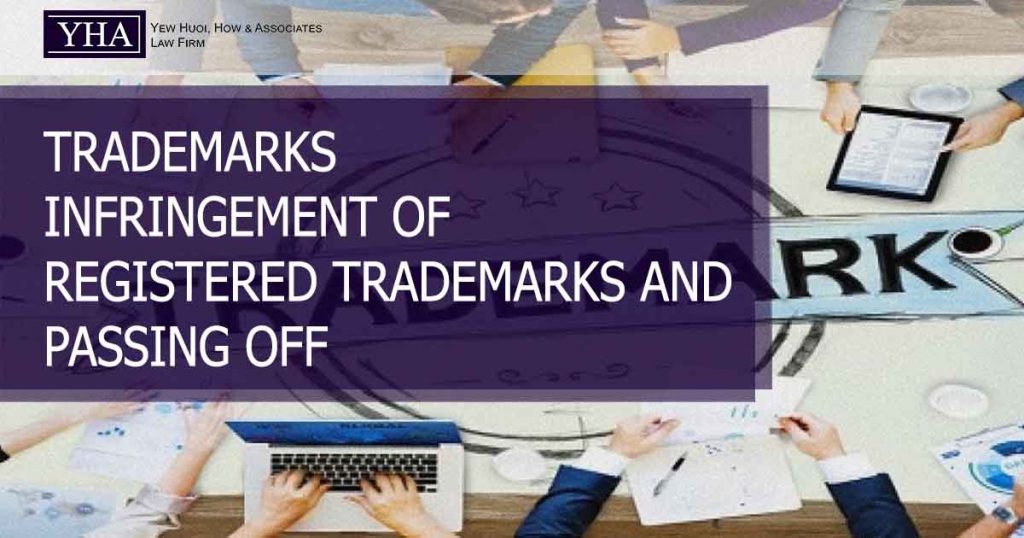In brief
- While enterprises and corporations are commonly appraised based on the relative value of their physical assets, the equally important Intellectual Property (IP) rights they control are sometimes disregarded. It is a common fallacy that a typical business that only engages in commerce and does not engage in creative output or ground-breaking innovation has little to do with intellectual property. In truth, intellectual property might be as simple as a company’s logo or the packaging or design of its products. As a result, in today’s market, wise business owners must be aware of what rights they may have that extend well beyond their physical assets, as well as how they might defend such rights.
Q. I recently discovered that a firm with a similar name to mine exists. Is it possible for me to pursue legal action against them?
A. Yes, you can sue the corporation for trademark infringement since the unauthorised use of a registered mark as part of a trade or company name could be grounds for a lawsuit. This is due to the fact that once your trademark is registered, you now enjoy exclusive and exclusive ownership of it.
What constitutes an infringement of a trademark?
- A person who is not the registered proprietor of the trade mark or a registered user of the trade mark utilising by way of authorised use infringes on it by using a mark that is identical to it or so nearly resembling it as to deceive or create confusion in the course of business. That being said, s.38 TMA 1976 governs trademark infringement where it is held that in a case where the use is on the goods or in physical relation to them, or in an advertising circular, or other advertisement issued to the public, as importing a reference to a person who has the right to use the trade mark either as a registered proprietor or as a registered user, or to goods with which the person is connected in the course of trade.
Q. Ok what if the other party argues that their organisation is not entirely similar to yours?
A. It didn’t matter if the infringing mark was in capital or lowercase as long as the name was likely to cause confusion, and there shouldn’t be a microscopic examination of the minute differences between the competing names in determining the possibility of misunderstanding.
Whether the defendants committed the tort of passing off the plaintiff’s products as their own?
- In essence, the test requires a plaintiff in a passing off action based on a mark or get-up to show that the plaintiff has goodwill in the company about the mark or get-up, misrepresentation, and loss to the plaintiff’s goodwill caused by the misrepresentation.
- In Ortus Expert White Sdn Bhd v Nor Yanni bt Adom & Anor [2022] 2 MLJ 67 the learned High Court judge was convinced that the plaintiff’s registered brand and the get-up of the plaintiff’s products attract business and customers . Furthermore, the High Court judge determined that the defendants misrepresented the plaintiff’s registered trademarks, resulting in deception. Finally, the plaintiff’s goods and the defendant’s product are in direct rivalry with one another, and the court will readily infer that the plaintiff’s goodwill would be harmed as a result of lost sales and loss of exclusive use of the plaintiff’s registered brand and get-up.

